Company valued at 6 million USD, revenue 35 billion
Appearing in episode 5 of Shark Tank Vietnam, Mr. Dao Quy Phi - Co-founder and CEO of Aplus Home - a serviced apartment rental platform successfully raised 2 million USD from Shark Hung.
This is the biggest deal of Shark Tank season 6 since the first episode.

Dao Quy Phi - Co-founder and CEO of Aplus Home.
Aplus Home is a technology platform that connects homeowners and individual investors to take advantage of idle resources in society to provide serviced apartment solutions for young people.
In addition, this platform also helps solve the obsession of many landlords about stable cash flow (landlords often encounter the situation of not being able to fill vacant rooms or tenants changing every few months).
Realizing that the actual market demand for this issue is very large, in the two big cities of Hanoi and Ho Chi Minh City alone, there are up to 9 million people renting, of which 2 million are in the target customer segment, Aplus Home has chosen its strength to develop in a chain: from providing furniture, design to operation management, including creating a room supply in many different forms.
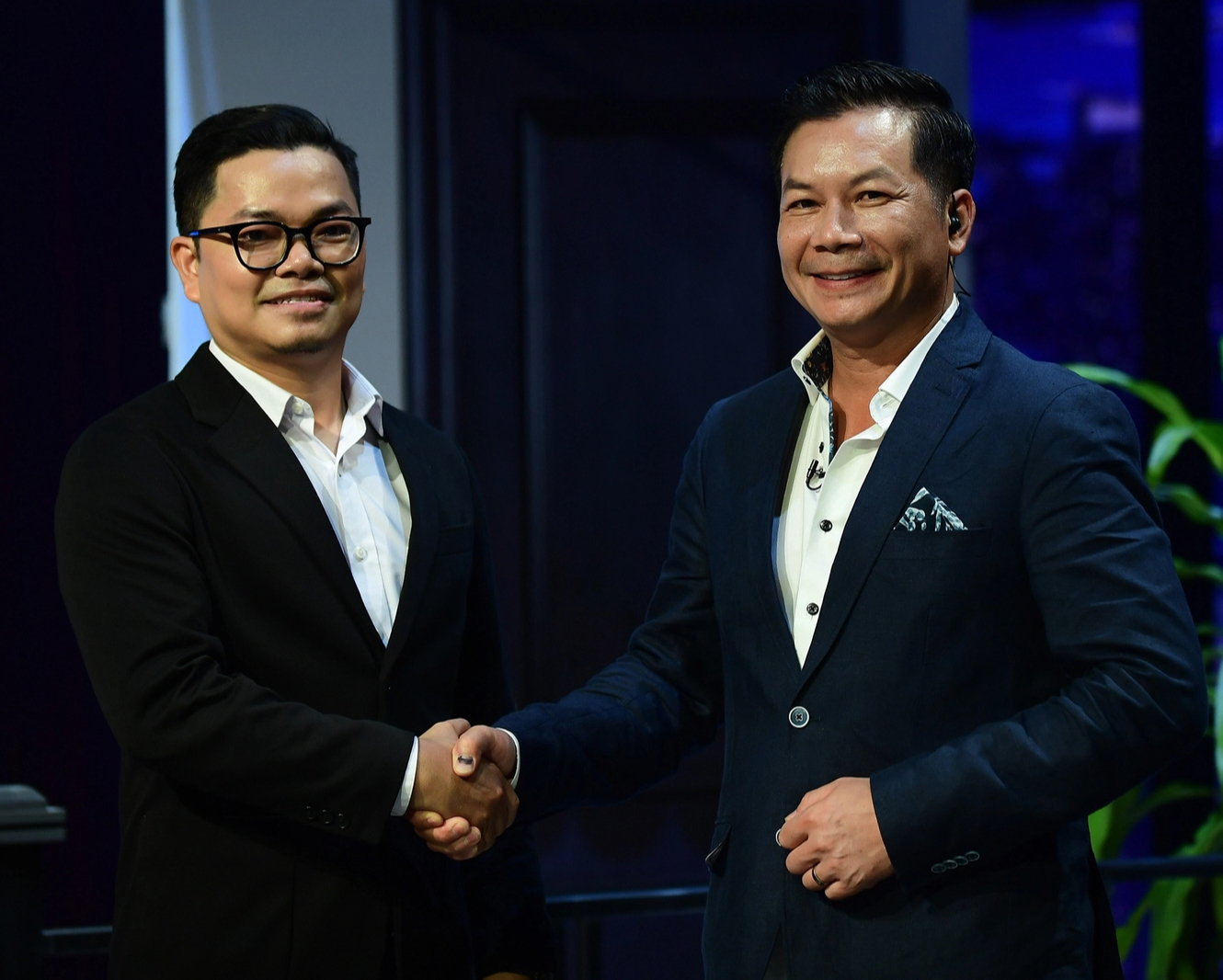
Dao Quy Phi and Shark Hung successfully joined hands to make the biggest deal of the season so far.
According to Mr. Phi, Aplus's room occupancy rate is always above 95%.
Revealing the financial picture, Mr. Phi said: Aplus Home was "born" in 2021 during the Covid period and this year only focused on developing technology as well as optimizing the model, so revenue only reached a few hundred million.
By 2022, after deploying the first locations, Aplus began to have a revenue of 7 billion.
In the first 6 months of 2023, Aplus Home achieved revenue of 12 billion and is expected to achieve revenue of 35 billion this year.
The Director of Aplus Home also shared that the company's current revenue comes from 3 main areas.
The largest segment, accounting for the highest market share of over 70%, is revenue from room rentals, 25% comes from operations management, and the remaining 5% is value-added services.
When asked by Shark Hung about the reasons why Aplus Home's room occupancy rate is always above 95%, Mr. Phi said: "Our prices are basically equal to the market. However, our beautiful concept and quality of management and operation have been proven when customers only start renting a house for a 6-month contract. However, after 6 months, they will continue to renew."
Mr. Phi also estimated that the profit earned was around 35-40% for each building.
Shark Hung Anh said it was unreasonable, Shark Hung and Shark Binh still fought over who would pay.
Shark Hung Anh thinks this number is absurd: "Now, the first revenue you pay to the homeowner. Second, you renovate, third, you pay to the investor. The rest is very low."

The Co-Founder of Aplus Home calmly clarified: “That means Aplus rents houses, the market price is still the same, and the room price is also the same as the market price. Aplus's profit in the middle is the occupancy rate. Aplus's direct payback period for buildings is usually from 15 to 18 months.”
“Why doesn’t that homeowner invest himself instead of asking you to connect him with another investor?”, Shark Hung wondered.
Quy Phi said that when cooperating with Aplus, the homeowner gets a brand to operate, beautify the house and create a stable cash flow. If the homeowner has finished the renovation, Aplus will provide an operation management package.
After the detailed sharing and explanation from the Director of Aplus Home, the Sharks understood more about this model. However, Shark Binh and Shark Hung both disagreed with Mr. Phi's current business valuation.
Shark Binh believes that the valuation cap of startups is suitable for the technology bubble that is bursting in 2021.
Entering 2022, the technology bubble has burst, the investment taste of the technology industry has changed, so the Chairman of NextTech believes that the valuation given must be realistic.
Convincing Shark with actual business performance, the Co-Founder of Aplus Home revealed: “Aplus broke even last June and has had positive cash flow since June. Expected revenue in 2023 will reach at least 35 billion with ebitda (pre-tax profit) falling to around 23%”.
Impressed with the numbers the startup shared, Shark Binh offered to invest 2 million USD in exchange for 25% of shares, equivalent to pre-money (valuation of the business before investment) of 6 million USD.
After consideration, Shark Hung said he would invest 2 million USD in Aplus, of which 500 thousand USD would be exchanged for 4% of shares (equivalent to a valuation limit of 12 million USD); 1.5 million USD is the investment with the condition of capital return within 24 months. If the startup meets that condition, this 1.5 million USD will be converted into shares with the highest enterprise valuation of 20 million USD.
Finally, Dao Quy Phi accepted Shark Hung's offer, closing the biggest deal since the beginning of Shark Tank season 6 with an investment of 2 million USD.
2 startups left empty-handed
Inmergers - a startup applying technology to the field of M&A (mergers and acquisitions) in Vietnam calls for investment of 200 thousand USD for 4% of shares.
Representing this startup are two founders, Thao Nguyen - CEO and Toan Pham - Marketing Director of the company.
Inmergers aims to become a platform that attracts users who are brokers. According to the development roadmap, this startup will IPO (Initial Public Offering) in 2028.
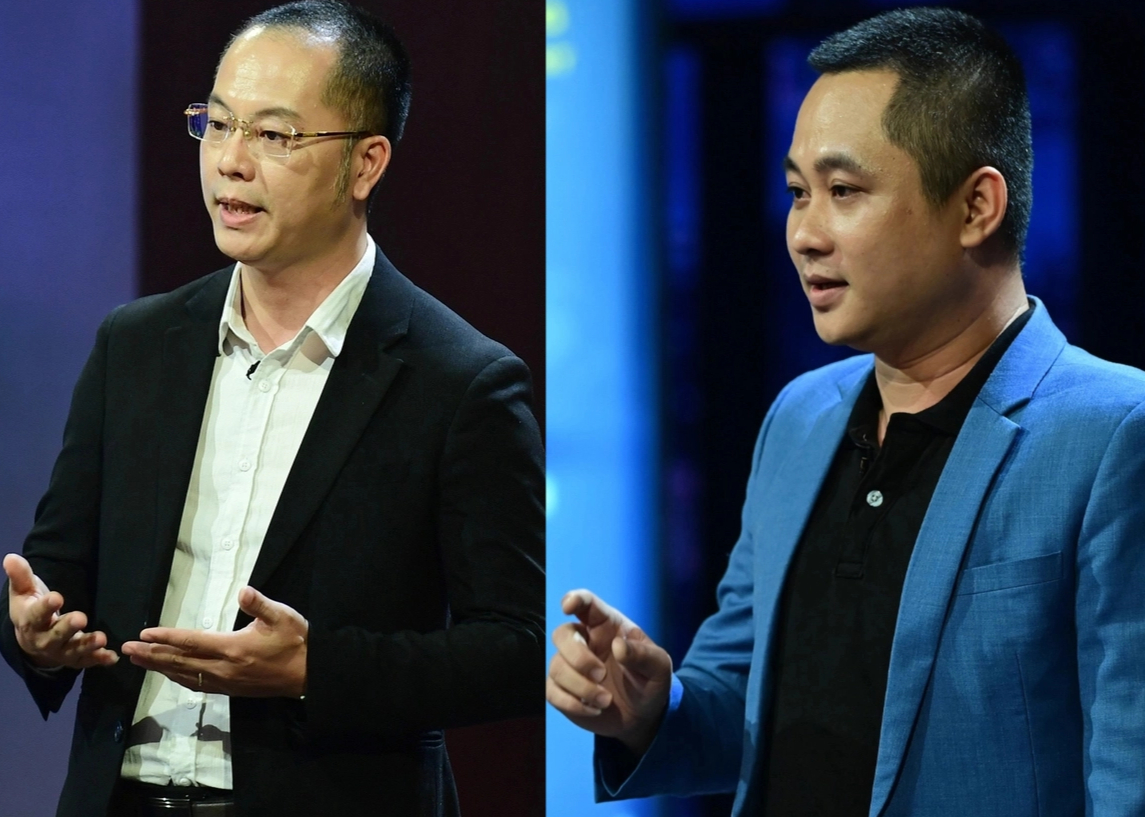
Mr. Toan Pham - Marketing Director of Inmergers Company - (left) and Mr. Duc Nguyen - Co-founder and CEO of SaleMall.
Inmergers model is developed through Country Partners – senior partners in each country, franchise partners and brokers. After 8 months, Inmergers has developed a network of 300 brokers and 7 Country Partners.
Revenue reached about 400 million from value-added services and display fees of brokers and buyers. Of which, the majority was revenue from value-added services. However, they also returned empty-handed.
SaleMall was established in early 2018, providing products for sales and marketing management such as: supply system; multi-channel sales management system; automated marketing using AI technology; chatbot, callbot; gateway to connect with shipping units; payment system...
After 5 years of development, SaleMall has more than 300 thousand users and expanded its business to several countries in Southeast Asia.
Duc Nguyen said that SaleMall broke even in 2021. By 2022, SaleMall's revenue reached 600 thousand USD, coming from 3 main products: SaaS system (Software as a service), sales management software and automated marketing software.
SaleMall is providing services to more than 100 thousand customers, mainly SMEs (small and medium enterprises). Of which, there are nearly 32 thousand paying shops.
Duc Nguyen pointed out that SaleMall's USP is its people, with about 100 employees. The startup's BOD (Board of Directors) team has been together for many years. There is also a Dev (Developer - programmer) team and a customer care team that "never turns off chat and lights before 11pm, even on holidays and Tet".
"How can you pay 100 employees with 600 thousand USD?", Shark Hung Anh raised the issue and found the employee salary low. The Sharks rejected the above deal.
Source


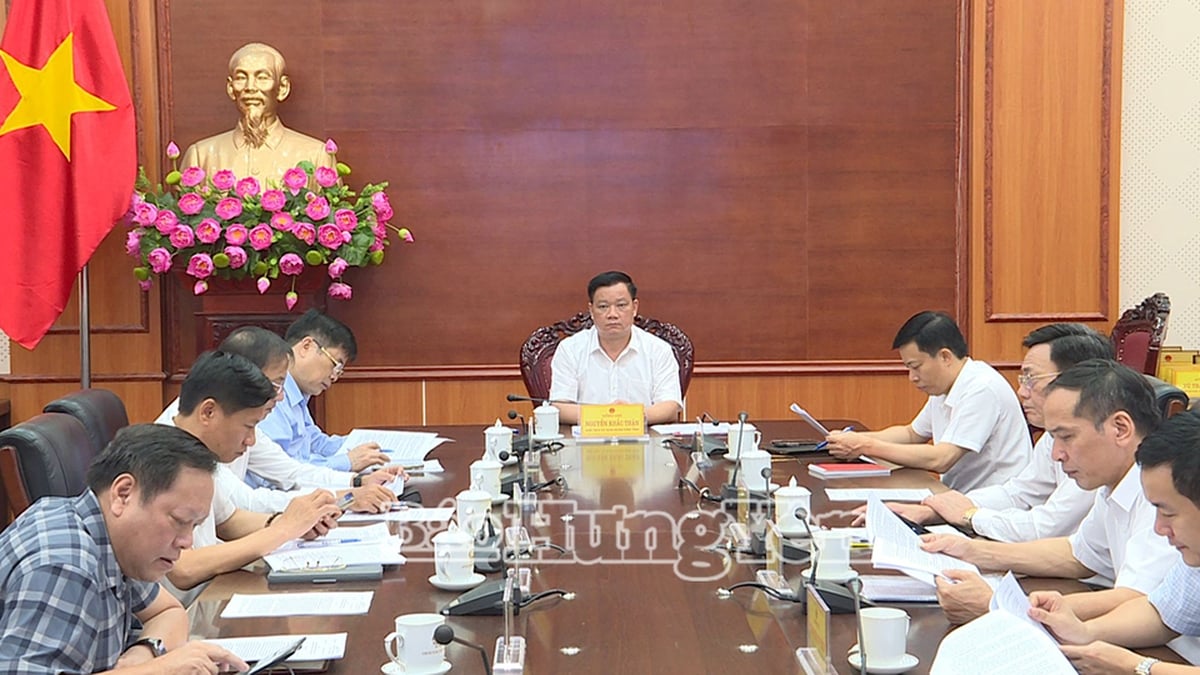


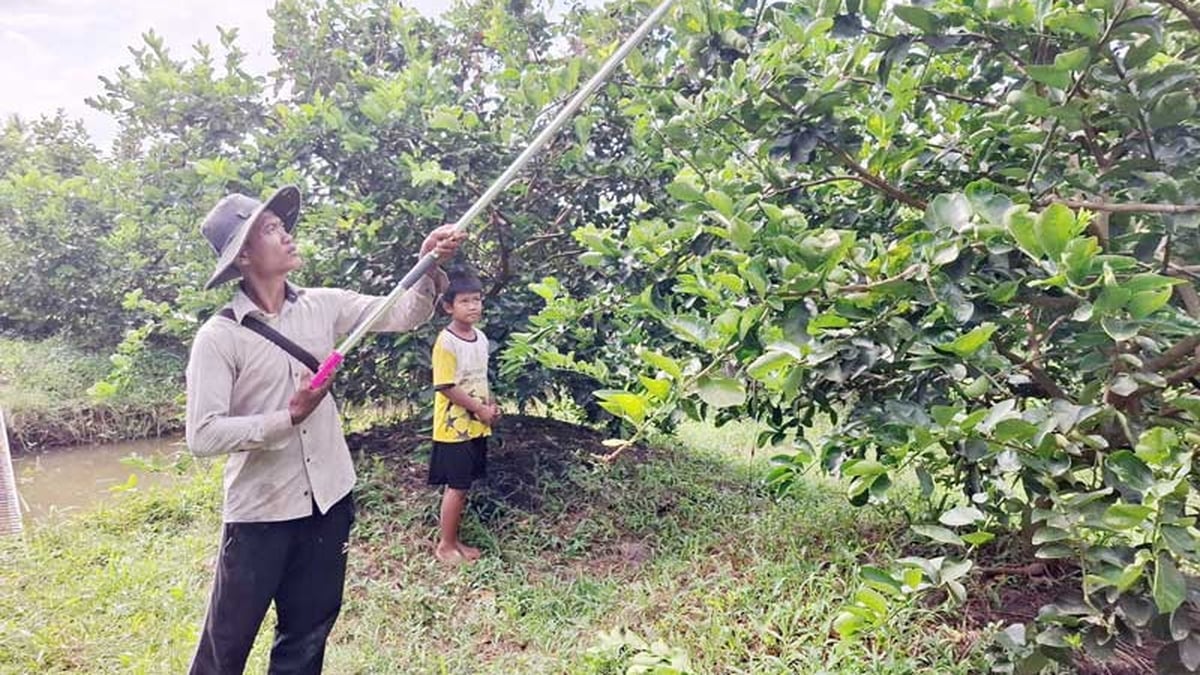
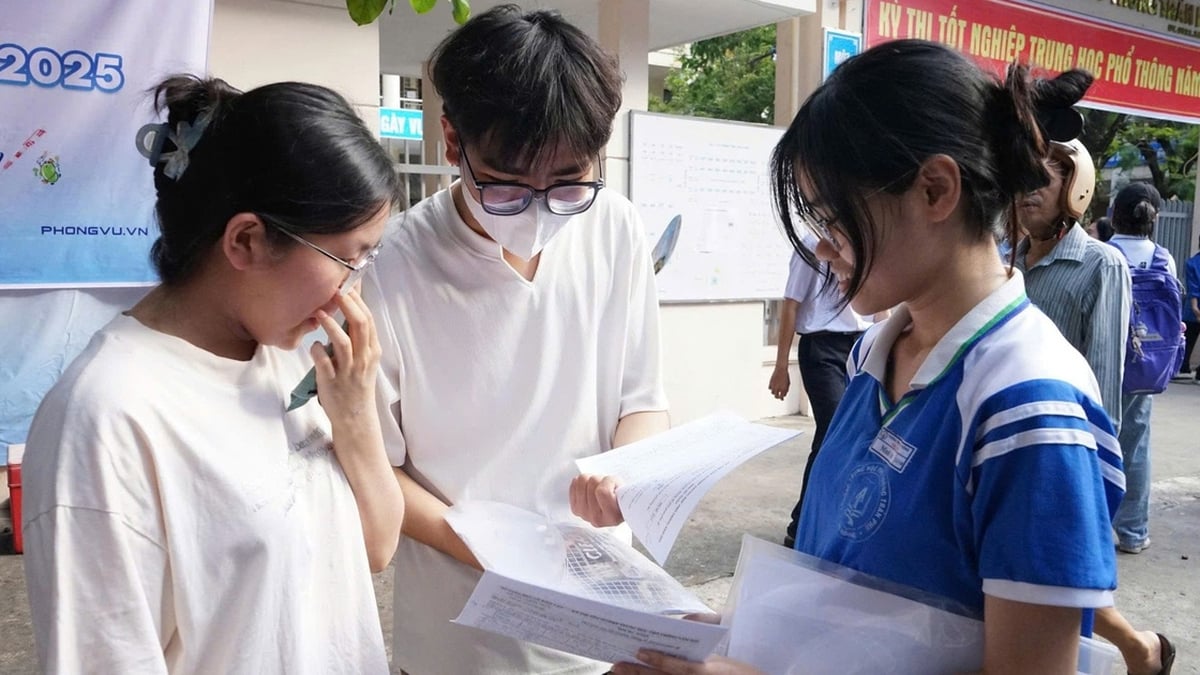

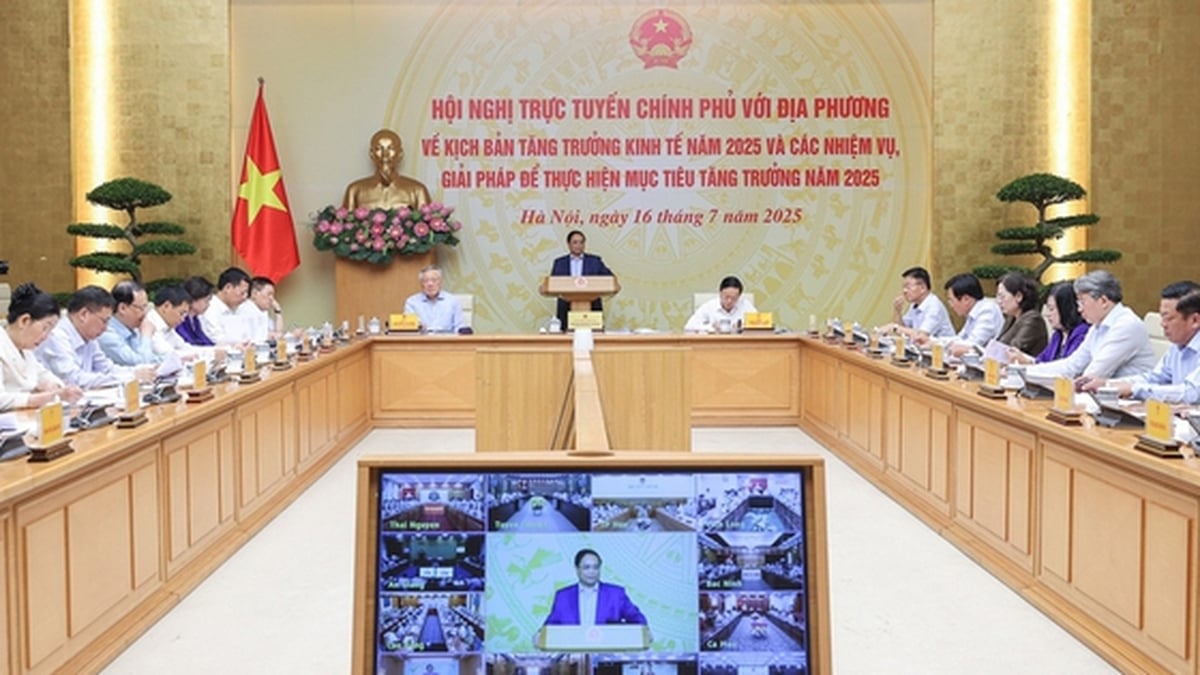
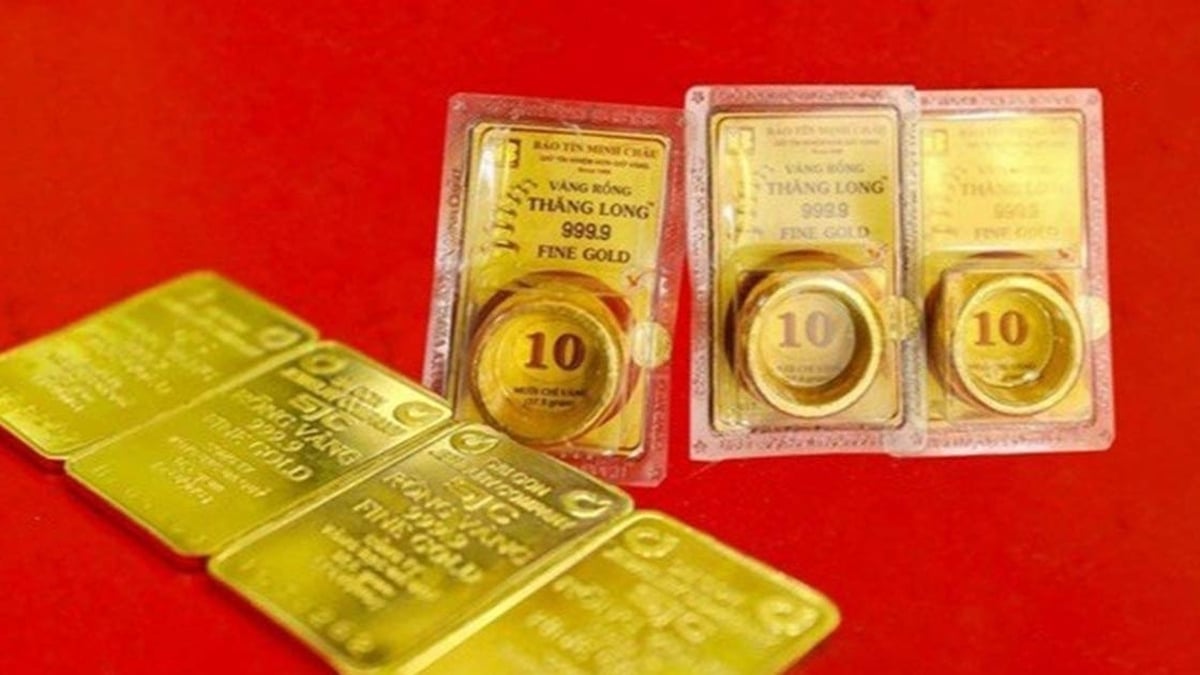








































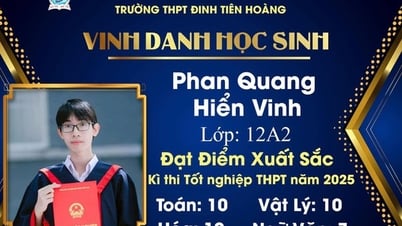








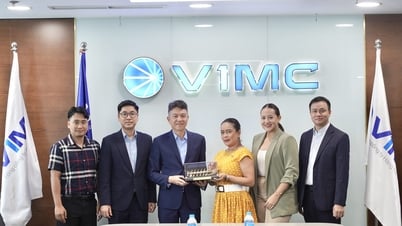










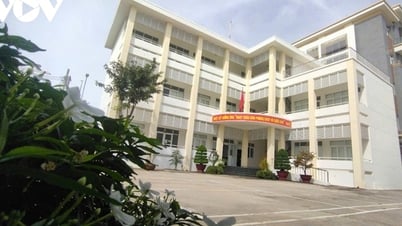


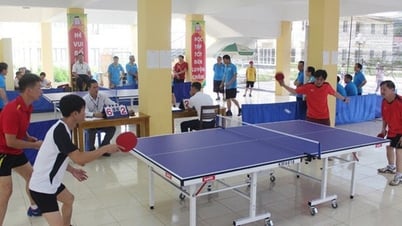























Comment (0)